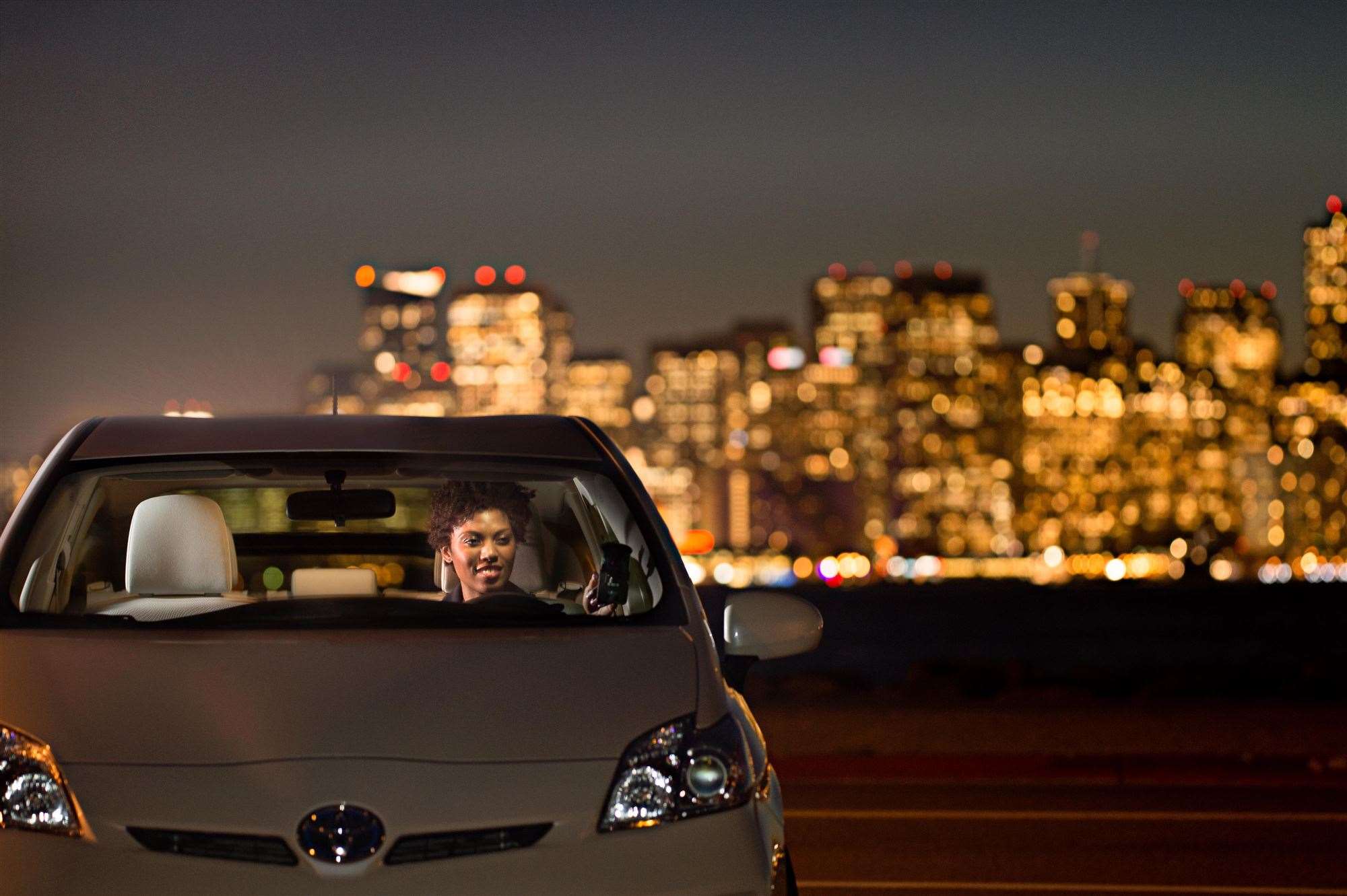Fresh from legalising ridesharing services, the NSW Government is hoping to trial them in a bid to disrupt its $8 million-plus annual taxi bill.
The Department of Finance, Services and Innovation is the first state department to include ridesharing services as a transport option for its public servants.
Minister for Finance, Services and Property Dominic Perrottet said there was no reason the potential benefits of ridesharing “couldn’t be extended to government, including possible cost savings.”
“Governments shouldn’t be shackled to legacy systems and processes – we should move with the times and take advantage of what the collaborative economy has to offer,” Perrottet said.
“Sometimes public servants need to get around quickly and conveniently in the course of their work, but last financial year the NSW Government spent more than $8 million on taxis alone.
“If adding ride-sharing to the transport mix for public servants means we can save taxpayer dollars, we shouldn’t waste any time exploring that option.”
The change in rules means Finance employees required to travel for work in NSW can choose between taxi, ridesharing and public transport.
The NSW state government said it would assess whether to extend the ridesharing option to other agencies “in the coming months”, potentially enabling it to slash a larger amount of its taxi spend.
The move from NSW comes after a similar one in Canberra where both the ACT and federal governments can make use of Uber within ACT borders.
Federal MPs and Senators received the green light to use Uber in December of last year, with the service also expected to be extended to parliamentary staffers.
The ACT Government was already allowing its members to use Uber after becoming the first state or territory in Australia to legalise the service.
The acceptance by government of Uber comes after a tumultuous introduction for the service in Australia, which saw taxi strikes and several crackdowns on Uber drivers.
Last month, Uber-commissioned research showed that the service wasn’t necessarily cannibalising the taxi market.
“The average price of Uber services is less than the average fare paid for a taxi,” the research said.
“This price difference encourages those who were otherwise priced out of the taxi market … to use Uber.”









